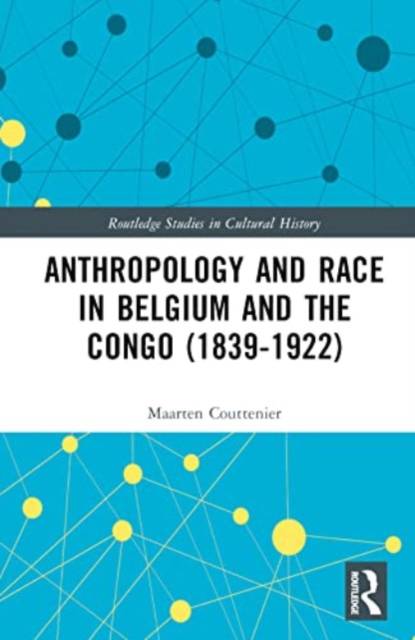
- Retrait gratuit dans votre magasin Club
- 7.000.000 titres dans notre catalogue
- Payer en toute sécurité
- Toujours un magasin près de chez vous
- Retrait gratuit dans votre magasin Club
- 7.000.0000 titres dans notre catalogue
- Payer en toute sécurité
- Toujours un magasin près de chez vous
Description
This book examines the history of Belgian physical anthropology in the long nineteenth century and discusses how the notion of 'race' structured Belgian pasts and presents as well as relations between metropole and empire.
In a context of competing European nationalisms, Belgian anthropologists mainly used physical characters, like skull form and the color of hair and eyes, to delimitate 'races', which were believed to be permanent and existent. Their belief in a supposed racial superiority was however above all telling about their own origins and physical characters. Although it is often assumed that these ideas were subsequently transferred to the colony, the case of Belgian colonization in Congo shows that colonial administrators, at least in theory, were reluctant to use the idea of permanent 'races' because they needed the possibility of 'evolution' to legitimize their actions as part of a 'civilizing mission'. In reality, however, colonization was based on military occupation and economic exploitation, with devastating effects. This book analyzes how, in this violent context, widespread racial prejudices in fact dehumanized Congolese. This not only allowed colonizers to act inhuman but also reduced Congolese, or their body parts, to objects that could be measured, photographed, casted, and 'collected'.
This volume will be of use to students and scholars alike interested in social and cultural history as well as imperial and colonial history.
Spécifications
Parties prenantes
- Auteur(s) :
- Editeur:
Contenu
- Nombre de pages :
- 426
- Langue:
- Anglais
- Collection :
Caractéristiques
- EAN:
- 9781032591605
- Date de parution :
- 03-11-23
- Format:
- Livre relié
- Format numérique:
- Genaaid
- Dimensions :
- 152 mm x 229 mm
- Poids :
- 752 g

Les avis
Nous publions uniquement les avis qui respectent les conditions requises. Consultez nos conditions pour les avis.






